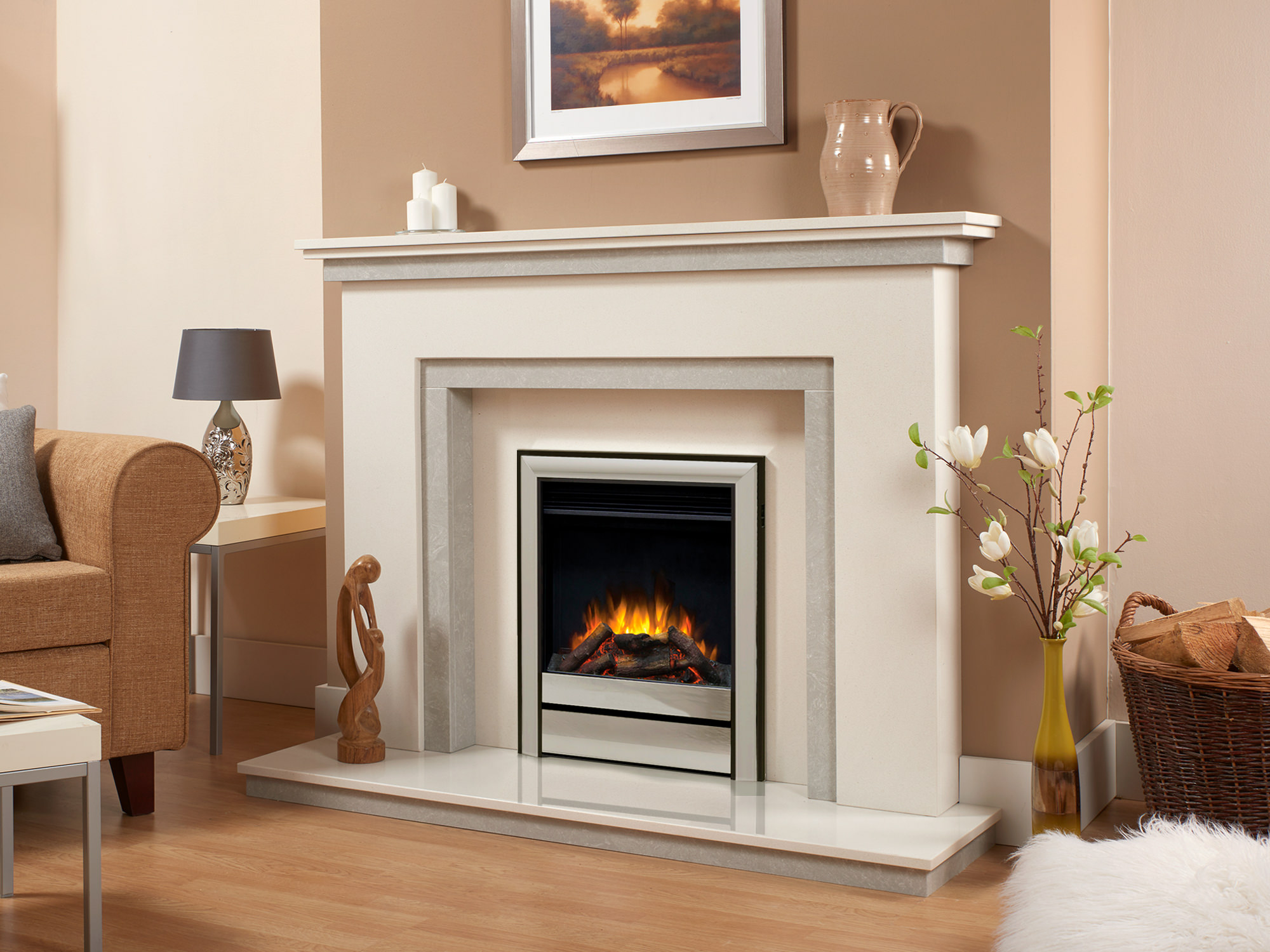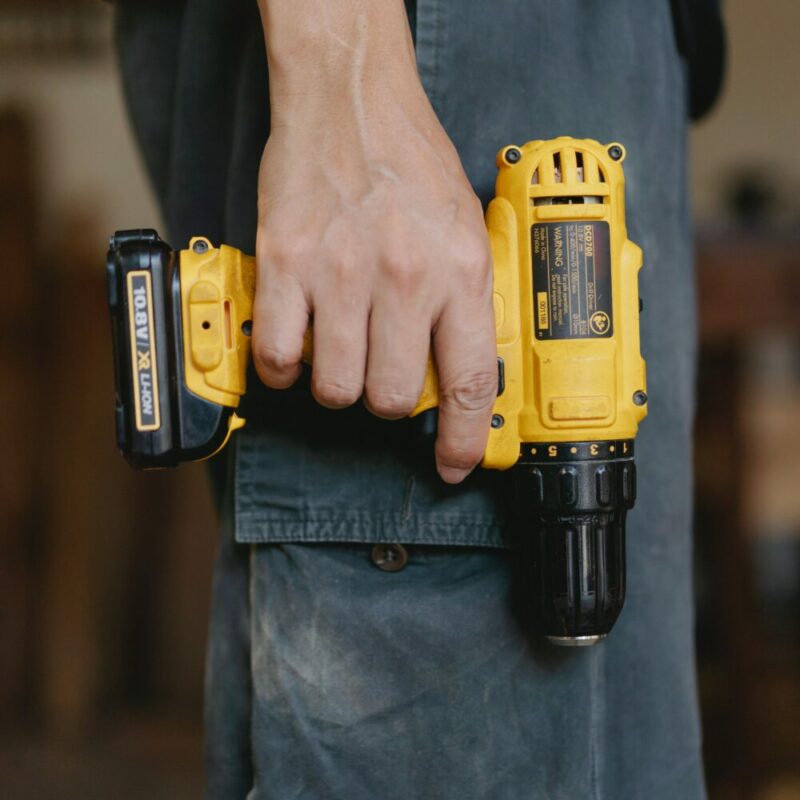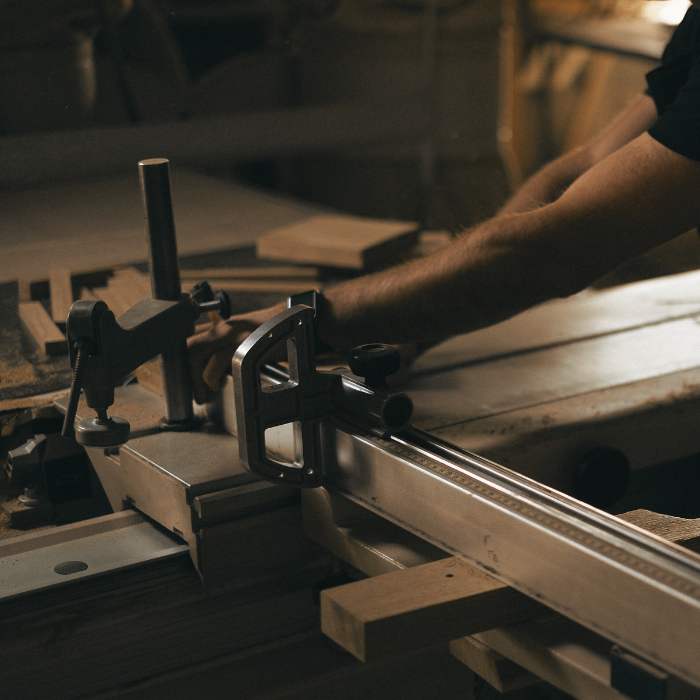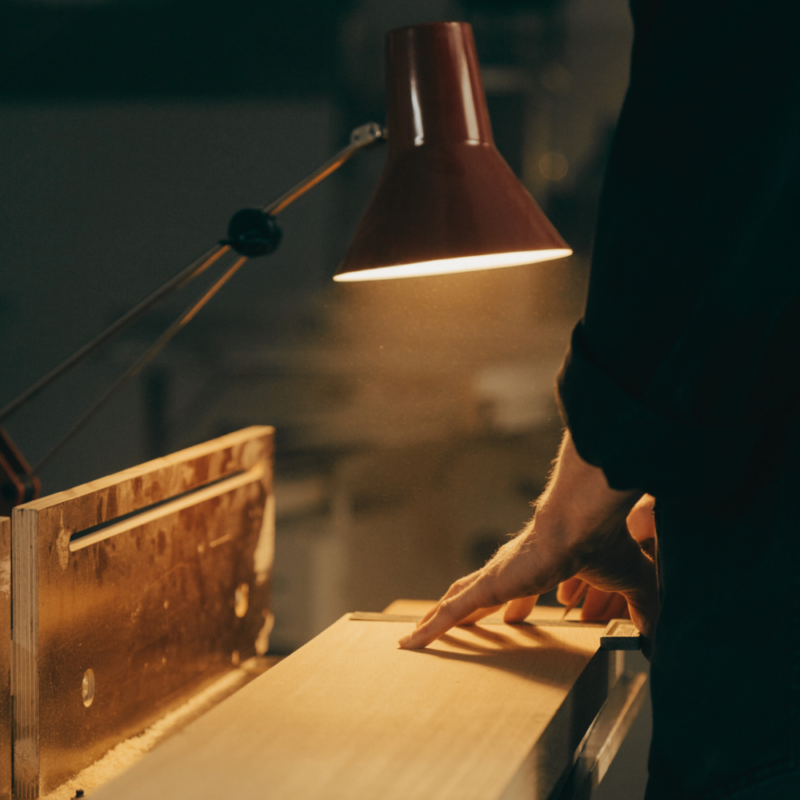
Table of Contents
Traditions are a curious thing; generally, wedding traditions are even more interesting if you think about those well-known British wedding traditions, such as cutting the cake to give to each guest and carrying the bride over the threshold. That’s without mention of the wedding preparation of something old, something new, something borrowed and something blue.
Then there’s the even more curious custom of having a wedding chimney sweep at your wedding. This tradition is a little less common, especially now, but in some parts of the UK, a wedding is not a wedding without a chimney sweep present. But why? How did this tradition come about? And why should we celebrate the wedding chimney sweep as a lucky charm?
Chimney sweeps are the luckiest people you will ever meet, although that statement seems unlikely given that they spend most of their time up a dark, dirty chimney, or at least they did in Georgian and Victorian times. Nowadays, if you have a chimney problem, or just want to use your fireplace and your chimney needs sweeping, the sweep comes along with an industrial-grade chimney vacuum system that sucks the dirt and soot and dead birds out. If you’re looking to hire a chimney sweep for general fireplace maintenance or wedding reasons, look for someone like Edward Robinson – Rivington Pike Chimney Sweep, they seem to tick all the boxes!
So, a sweep’s luck has nothing to do with his occupation and more about folklore or legend. This is especially true when it comes to the wedding chimney sweep, whose presence is believed to bring good fortune to the newlyweds.
King George II and the Chimney Sweep
A life of the all-you-can-eat buffet started way back during the reign of King George II (1683-1760), and legend has it that a chimney sweep saved the king’s life when a rabid dog bit the leg of the horse driving the royal carriage, sending the horse into a writhing frenzy. The story goes that a kindly chimney sweep took control of the horse, soothing it before disappearing back into the crowd, which allowed the procession to continue.
King George was so taken by the sweep’s actions he declared the profession ’lucky’, and from then on, the chimney sweep’s lot changed from a humble working-class occupation to the elevated status of lucky charm. However, let’s not sweep over the fact that in the 18th century, most sweeps were small children aged 6-10, and child labour laws were not abolished until 1833. This interesting historical context further adds to the mystique surrounding the wedding chimney sweep, making their role even more fascinating.
Child labour aside, there was another reason that chimney sweeps were considered lucky: a more practical and domestic reason. When a bride became a wife, she was in charge of the household. Unless she was lucky enough to have servants, it was a wife’s job to do all domestic chores, from cooking to cleaning and keeping the home warm and inviting. An efficient open fire was vital, and without the chimney sweep, none of this would have happened. If the new bride didn’t know the chimney sweep, she couldn’t become the mistress of a well-run house. Hence, the wedding chimney sweep played a crucial role in ensuring the new bride’s domestic success.
With reputation being the only thing a woman could own, having a reputation as a good housekeeper was vital and could be the difference between a happy marriage and a miserable one.
So the stage was set, and the wedding chimney sweep became a pivotal figure in folklore and the luck they provided an important part of any wedding ceremony. However, having a sweep attend your wedding is not as simple as you might think.
The Surprise Appearance of the Wedding Chimney Sweep
Rarely hired by the bride and groom themselves, the lucky wedding chimney sweep is usually booked by older family members as a surprise. The sweep hides during the ceremony and appears after the vows to surprise the happy couple. It’s then that the wedding chimney sweep wishes the couple luck, shaking the groom’s hand and kissing the bride – only when this tradition has happened can they tuck into the sausage rolls.
As part of the tradition, the sweep dresses in a typical Victorian chimney sweep outfit (think about the jovial chimney sweep, Dick Van Dyke in Mary Poppins), complete with a top hat, old suit and, of course, long-handled brushes. While they don’t show up dirty and sooty, they often bring along a black cat. Black cats are considered lucky if they cross your path, and therefore, the cat is part of the deal whether you are allergic to them or not.
So, we’ve established a wedding chimney sweep adds a touch of whimsy and tradition to modern ceremonies, and it’s likely that thanks to updated cruelty regulations, the cat won’t be real, and the sweep won’t be a six-year-old child (although chimney sweep page boys are a thing and incredibly cute).
Changing UK Traditions
The way we live has changed; open fireplaces still exist, but we don’t rely on them to heat an entire house. Fireplaces in Victorian houses are in demand and considered an asset when you buy or sell a property, but the fuel burning regulations, especially in built-up areas, mean natural flame fireplace suites with gas or electric effects have replaced coal fires. Many of these beautiful fireplaces, including marble fireplaces, can still be admired and enjoyed, combining elegance with modern convenience. Gas fires don’t have the same traditions as coal fires; after all, you wouldn’t ask a gas engineer to kiss the bride at a wedding unless they are family or the prospective spouse.
New traditions have taken over. For example, the wedding cake can be made of cheese (odd but okay if you’re a fan of Wallace and Gromit). The traditional first dance is no longer slow; it’s usually (but not always) a routine thought up for Tiktok. Instead of a father and daughter dance, it’s popular to invite other fathers and daughters to join the bride and her dad/brother/uncle on the floor. Some brides choose their mother; whoever is special to them is fair game, and quite rightly so.
Brides might not wear white (Jonathan Ross and Jane Goldman wore red), and they might not get married in church – you can get married in any venue holding a marriage licence and by anyone who is a legal registrar.
Wedding traditions might change, but chimneys still need sweeping; okay, the long-handled brushes have been replaced with a powerful vacuum and children with black cats don’t chase out birds and rats from chimney pots anymore (thank goodness). However, a wedding chimney sweep will still bring you luck if you invite them to your wedding. Just make sure there is some traditional food for them to eat, even if your cake is made of cheese.
Back in King George II’s reign, the favoured food of the day was roast beef and legend has it the chimney sweep was always given a dinner of roast beef, Yorkshire pudding and roast onions when they attended the palace – here’s an 18th-century joke to finish this article. Why do chimney sweeps love roast beef so much? Because they can’t resist a good sweep…steak!











